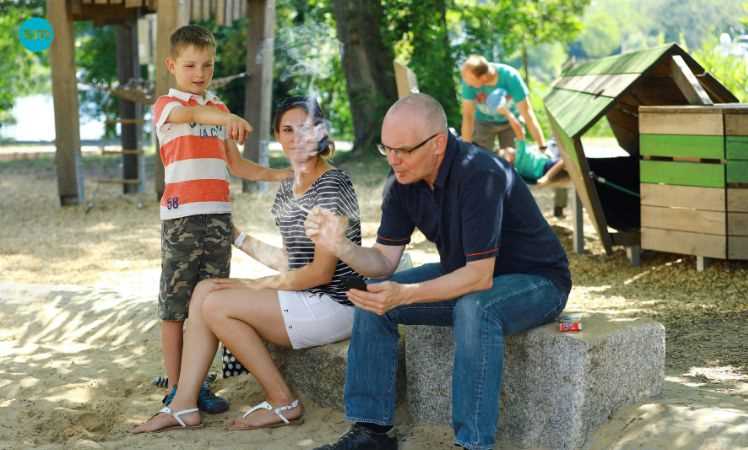What Exactly Constitutes Child Endangerment?

Last Updated on January 15, 2024 by Lori Pace
Imagine being accused of an act that can rip apart the lives of your family: child endangerment. As horrific as it sounds, it’s crucial to be well-versed in what constitutes this crime. Why?
Because understanding these categories can enable you to protect innocents from such tragic experiences. Additionally, a wrongful accusation can happen to anyone. Knowing your rights and the steps to manage such situations becomes equally crucial when facing a charge.
What Constitutes Child Endangerment?
Child endangerment is a catch-all term that describes harm being committed to a child. This includes physical harm, emotional abuse or neglect, sexual abuse, and basic needs neglect.
1. Physical Harm or Risk of Physical Harm
Physical harm includes instances where a child is being physically abused or made to do activities that could potentially cause harm. For example, leaving a young child alone in a car, making them operate heavy machinery, or exposing them to harmful substances like drugs.
2. Emotional Abuse or Neglect
Emotional abuse or neglect is the unseen aspect of child endangerment. It’s characterized by persistent harmful behaviors toward a child, such as continual criticism, rejection, or ignoring their emotional needs. These can cause profound psychological damage to the child.
3. Sexual Abuse
Sexual abuse is a disturbing form of child endangerment. It involves any inappropriate sexual behavior with a minor or exposing them to explicit adult materials. This form of behavior can have devastating long-term effects on a child’s well-being and development.
4. Basic Needs Neglect
Basic needs neglect is another form of child endangerment. It involves failing to provide crucial necessities such as adequate food, shelter, clothing, or medical care. This neglect can stunt a child’s growth and development, leading to long-term health and societal issues.
What Can You Do if You’re Wrongfully Accused
Being accused of a crime you didn’t commit is a terrifying experience, but you’re not alone. There are plenty of things you can do to win your freedom back, including the following.
1. Contact a Lawyer
As soon as you’re accused, it is crucial to seek legal counsel. Defense lawyers for fourth-degree child endangerment in Edison, for example, would have specific experience and knowledge applicable to local laws and court practices, making them ideal to handle such cases.
2. Document Everything
Accurate documentation is critical when you’re wrongfully accused of child endangerment. Make sure to chronicle all conversations, statements involving the accusation, and important dates or times. This meticulous record-keeping can provide vital evidence for your defense in court.
3. Stay Calm and Cooperative
While facing a wrongful accusation can be distressing, it’s vital to remain calm and cooperative. Hostility or excessive defensiveness might harm your case. Instead, cooperate willingly with investigators while ensuring your rights are respected throughout the legal and trial process.
4. Prepare Your Defense
Preparing your defense is a critical step. Alongside your lawyer, gather evidence that counters the accusations against you. This could include items like witness testimonies, surveillance footage, or voice clips. Such proof of your innocence is invaluable in defending your case.
5. Follow Legal Advice
Following your lawyer’s advice is paramount in a wrongful child endangerment accusation. Adhere to all directives, such as avoiding confronting the accuser or discussing the case publicly, like on social media. Remember, what you say can significantly impact your case.
In Conclusion…
It’s important to educate ourselves on such critical matters. Remember, knowledge doesn’t just empower you but also the communities around you. Identify signs of child endangerment and don’t shrug off any suspicions—report it. In the unfortunate circumstance you’re wrongfully accused, stand up for your rights and face the situation calmly with capable legal assistance.






